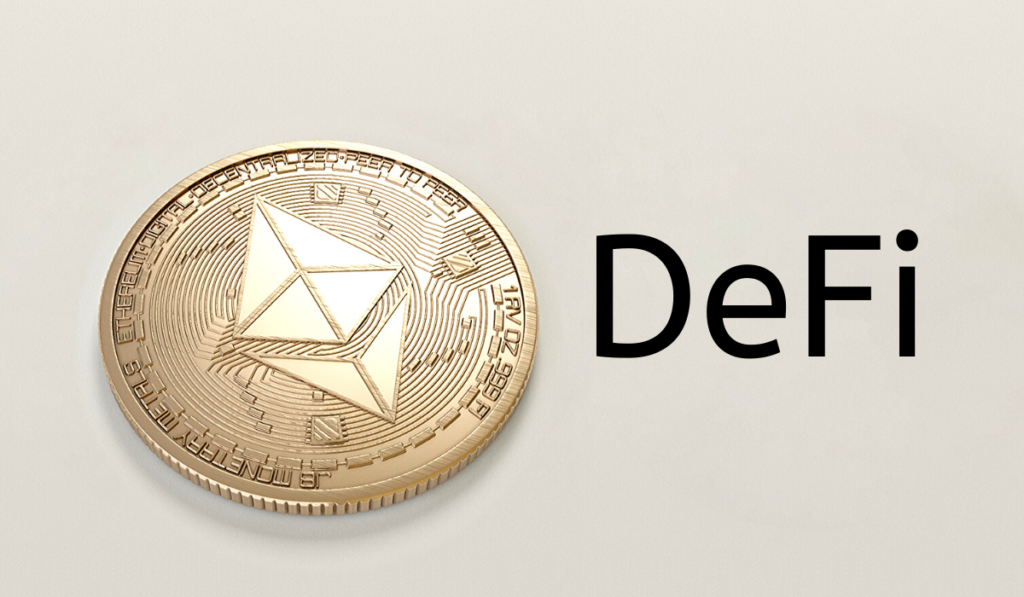- World Economic Forum has recently launched a new policy toolkit related to DeFi regulations
- World Economic Forum had partnered with Blockchain and Digital Assets project
- Several DeFi entrepreneurs, legal experts, and financial regulators have also collaborated with the WEF to create the policies
- Regulation is important but it should not erode the significant decentralized nature of the industry
World Economic Forum (WEF) is an independent international organization founded in 1971. It helps enhance the state of the world by engaging with business, political, and other social leaders to shape the global agenda. The organization is headquartered in Geneva, Switzerland.

On Tuesday, the organization has introduced new policies, which intend to fairly, efficiently, and enforceably regulate the decentralized finance sector. According to WEF, it introduced the latest policy toolkit after observing that regulated DeFi (reg-DeFi) is becoming a topic of discussion globally.
How can policy-makers & regulators think about #DeFi?
— Sheila Warren (@sheila_warren) June 8, 2021
Featuring insights from @Wharton, @dydx, @Cambridge_Uni, @AaveAave, @Uniswap, @compoundfinance, @MakerDAO, @UniBasel, @chainlink, @XReg_Consulting, @GauntletNetwork, @Consensys, @cryptocom & more! 🚀 https://t.co/yqxTawMMWy
How will the World Economic Forum policy toolkit for reg-DeFi help?
The World Economic Forum released a whitepaper for policymakers to regulate the DeFi sector. Following the official release, it seems like the latest toolkit will help by providing helpful guidance for regulators and policymakers. The tool is for authorities concerned to regulate the DeFi industry.
Read More: DeFi crypto industry impacts the entire digital market
Read More: DeFi crypto is Legos made of smart money

Who helped the WEF to create the toolkit?
According to the release shared by the WEF, it is known that the organization has partnered with the Blockchain and Digital Assets Project at the Wharton School of the University of Pennsylvania. Moreover, the organization has also received help from DeFi entrepreneurs, legal experts, and financial regulators to build the DeFi regulatory policy.
Such Financial regulators that collaborated with the World Economic Forum include several representatives from the United States agencies. Moreover, representatives from Europe’s planned Markets in Crypto Assets (MiCA) regulations have also collaborated.
Will WEF’s toolkit impact startups in the industry?
The release mentioned that the policy toolkit would offer a foundational basis for examining critical factors that concerns while regulating the DeFi sector. However, following the scenario, few stakeholders stated that the WEF is planning to enforce DeFi regulations with the nation and intergovernmental bodies, which can deprive few startups in the industry of governance control.
Read More: SEC eye on DeFi projects, mandatory to have license
Notably, the European Commission’s work on the MiCA regulatory framework has also drawn few severe concerns. Moreover, in March, the International Association for Trusted Blockchain Applications (INATBA) highlighted that few startups in the DeFi sector could face the disadvantages of regulations.
WEF has taken steps following start-ups-related concerns
Following the concerns of stakeholders regarding start-up-related concerns, the World Economic Forum has created the toolkit. Sheila Warren, deputy head of the Centre for the Fourth Industrial Revolution (C4IR), mentioned that the WEF had spent more time discussing such concerns. Moreover, Sheila claimed that the WEF had created the toolkit with respect to supporting emerging firms driving innovation and what it means in terms of access.
Sheila also highlighted that part of the promise of DeFi is a more democratized way to engage with financial services. On the other hand, cost compliance can, in some cases, mean that few participants are discouraged from entering the market. Ultimately the WEF understands that the factor could hamper innovation.
Decentralization requires to be balanced with regulations
The World Economic Forum believes that there is a need for balance in this industry. On the one hand, decentralization and privacy concerns are essential. On the other side, regulator’s concerns regarding illicit activities and financial crimes are also significant. According to Sheila, regulation should be seen as the ultimate goal, as it should also adopt a decentralized mechanism to fight bad actors.
Is regulating the DeFi ecosystem really necessary?
Rune Christensen, the co-founder of MakerDAO, had highlighted previously that to interact with real-world assets, the DeFi sector requires regulatory clarity. He also explained that regulators need to protect DeFi users from money laundering concerns without eroding decentralization.
Read More: DeFi sector and the real world will soon merge
Decentralization is essential for DeFi
According to Sheila, consumer protection, taxation, Anti Money Laundering, and other issues are essential to be solved. However, it is also significant to solve such problems without eroding the decentralized nature of the industry. Sheila states that decentralization is critically vital for the DeFi sector. Moreover, the most innovative opportunities of the industry are entirely tied to its decentralized aspect.
 thecoinrepublic.com
thecoinrepublic.com